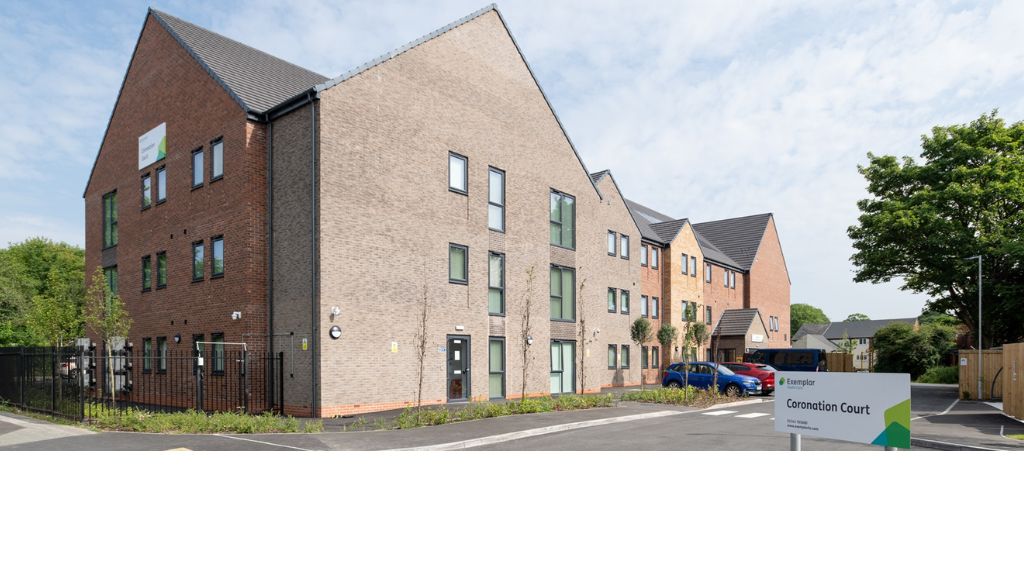Cutting-edge technology introduced in social care
Care leaders will be trained to use the latest technology to improve patient care, free up staff time, and help people live independently in their own homes for longer.
In a bid to shift adult social care from analogue to digital as part of the Government’s Plan for Change, the Health and Social Care Secretary, Wes Streeting, has announced a new qualification that will equip care leaders with the skills to use and rapidly deploy technology across care homes and other support settings.
The training will focus on tools which have been shown to improve the quality of care and reduce pressure on staff. This includes:
- Motion sensors that can detect and alert staff when a patient has had a fall
- Video telecare to allow remote appointments with doctors and carers to reduce the need to travel
- Artificial intelligence (AI) which can automate routine tasks like note taking or predict when a patient might need additional care
Care technologies like these will help people to receive the best-possible care in the community and prevent avoidable hospital visits, reducing pressure on the NHS.
And it supports the Government’s 10 Year Health Plan to make health and social care services fit for the future.
Streeting, said: “We will harness the full potential of cutting-edge technology to transform social care, helping people to live independently in their own homes and improving the quality of care.
“By investing in skills training for care workers, introducing a Fair Pay Agreement, and providing more opportunities for career progression, we will help retain the incredible professionals we need.
“Our Plan for Change will make sure we have the people and the skills needed to build a national care service.”
Speaking at Unison’s 2025 National Health Care Conference, Streeting also outlined a series of wider measures to boost the recruitment and retention of care staff.
The plans will professionalise the adult social care workforce and help staff progress in their careers, leading to better pay and recognition.
This includes:
- Setting up new job roles – like deputy managers, registered managers, personal assistants, and a new enhanced care worker role in recognition of increasingly-complex care requirements. It will mean their skills will be recognised across the health service, so that GPs, doctors, and other health professionals understand their expertise
- £12m to fund courses and qualifications for carers to develop new skills, build expertise, and advance in their careers
The boost for social care careers will support the 1.59 million-strong workforce which provides vital care and support to people of all ages and with diverse, complex needs, and is in recognition of the vital work they do.
The measures come as unpaid carers see the biggest rise in their earnings limit since the 1970s this month, and the first ever Fair Pay Agreement for the sector continues to progress through Parliament.
And Baroness Louise Casey will soon begin her independent commission into adult social care which will look at how the workforce is recruited, retained, and supported as part of its focus on building a social care system fit for the future.




